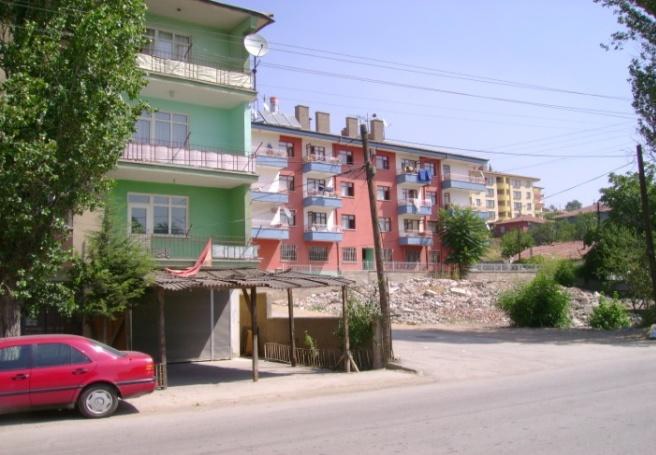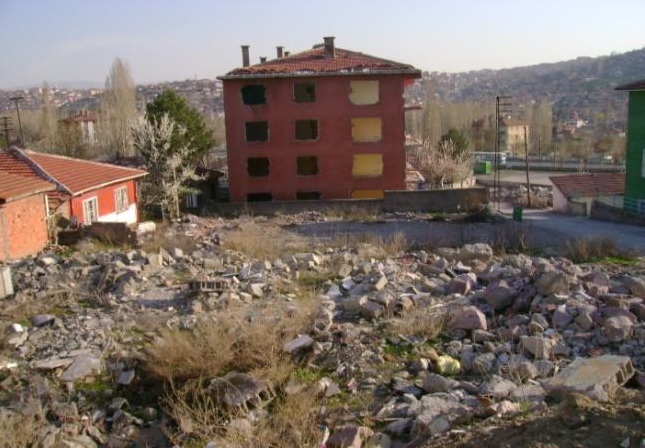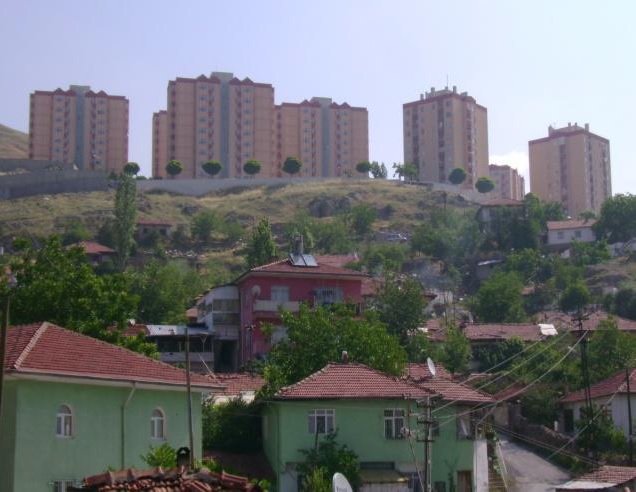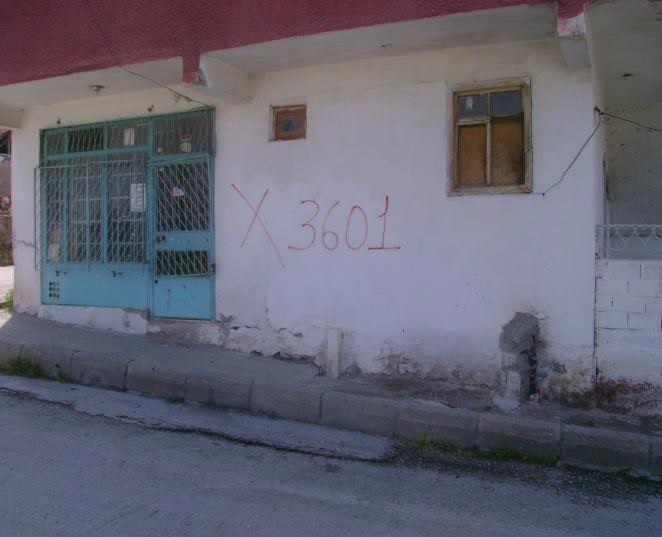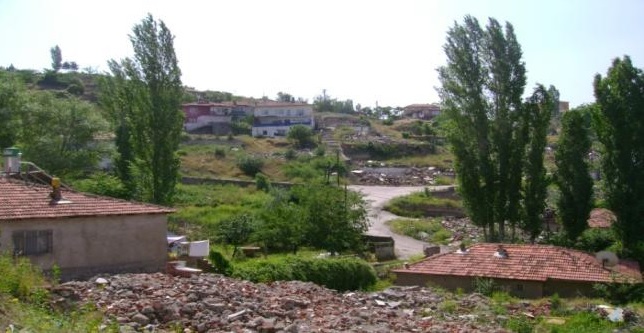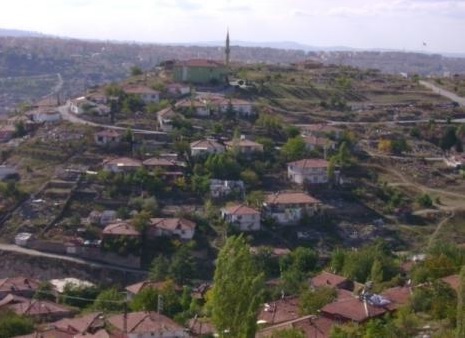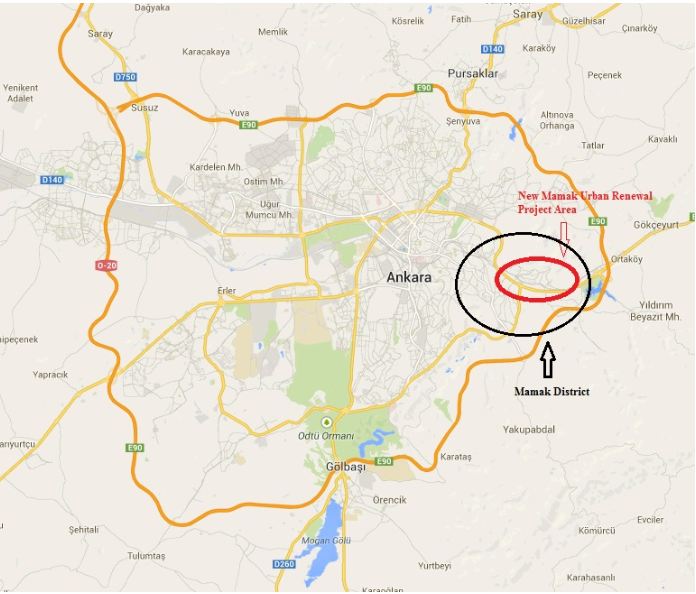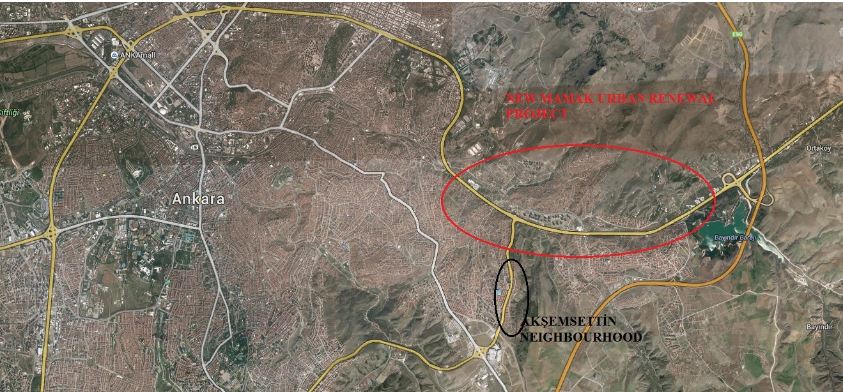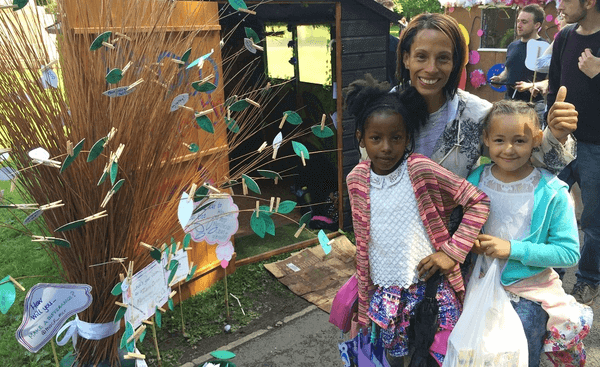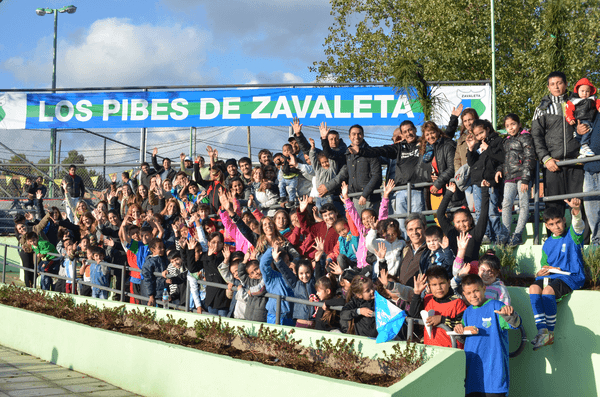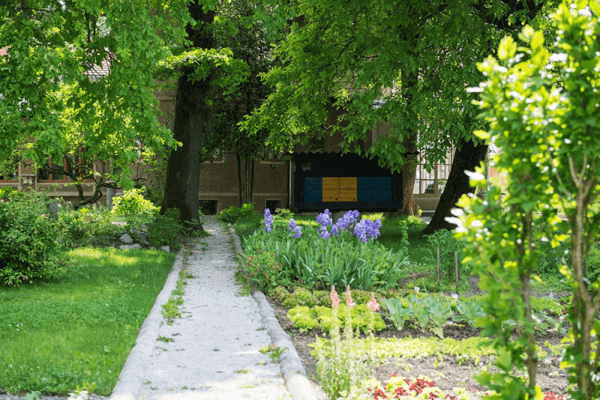City
Ankara
Main actors
City Government, Supranational / Intergovernmental Institutions, NGO / Philanthropy
Project area
Neighborhood or district
Duration
1997 - 2000
This project aims to achieve social inclusion through civic engagement, cultural vitality, gender equity, and poverty reduction
Mamak district of Ankara is an area of social exclusion with migration problems, deprived infrastructure, education, health, intra-family violence, supressed rights of women, and youth unemployment. In Aksemsettin, an area in Mamak, the number of squatter housing reaches around 600 units by the end 1990s'. It was one of the first ‘gecekondu’ (squatter housing) areas in Turkey. Settling in squatter areas can be traced back to the 1950s, when migrants from central Anatolia came to Ankara looking for better jobs. Nowadays the reason for the settlement is primarily internal migration; inhabitants consist of people who cannot cope with conditions in Ankara. In particular, women have socio-economic problems in Mamak. They need counselling, commonly have health problems and are often unaware of their civic rights.
Present policies aim to achieve social inclusion through civic engagement, cultural vitality, gender equity, and poverty reduction. Multiple partners from cross-divisional departments and groups have carried out successful collaboration work and raised living conditions for disadvantaged people in Mamak. Collaboration between project partners directly address the needs of Mamak women by offering preparatory courses, establishing a Community Centre and a weaving workshop improved job opportunities, and reducing intra-neighbourhood discrepancies. The approach had an integrative and participative character.
External links / documents
On Map
The Map will be displayed after accepting cookie policy
